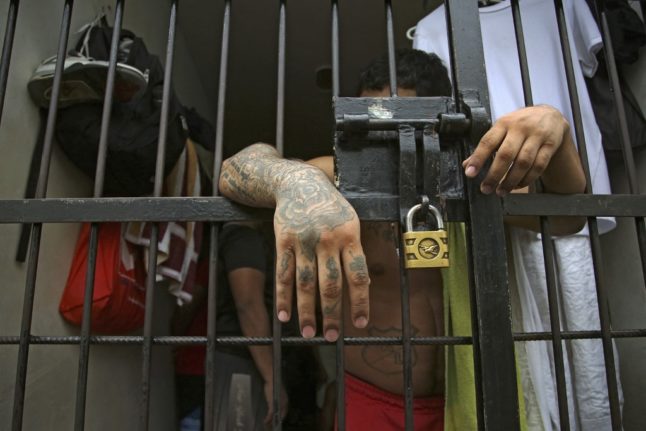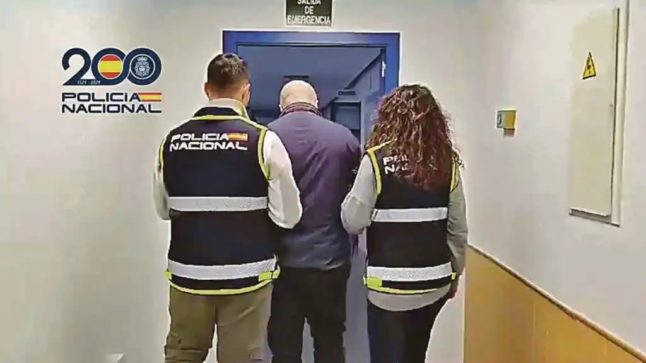It may seem like a dark joke sent out by a disgruntled civil servant, but Spain’s Justice Ministry has indeed informed the country’s 6 million foreigners – including those who’ve committed crimes in the past – how to wipe their criminal history from the system.
“Criminal records can be a problem when it comes to obtaining Spanish nationality or applying for or renewing residence permits,” the ministry headed by Pilar Llop tweeted on Sunday.
Los antecedentes penales pueden ser un problema a la hora de obtener la nacionalidad española, sacar o renovar permisos de residencia.
🎥Aquí te explicamos paso a paso cómo solicitar la cancelación de antecedentes penales⤵️https://t.co/USJBPACTCQ
— Ministerio Justicia (@justiciagob) June 12, 2022
“Here we explain step by step how to request the cancellation of criminal records,” the Justice Ministry went on to say, followed by a link to a video describing the process.
In the video posted on June 7th 2022, which has so far more than 24,000 views, a narrator goes on to explain that through the digital transformation process that the Justice Ministry is currently undergoing, it’s possible for anyone to personally and officially delete their own criminal record.
“That means that your sentence can be cancelled without you having to apply for it,” the video stressed.
This reportedly applies to both criminal records and sexual conviction records.
Logically, the tweet has caused a mix of incredulity and anger on the Spanish twittersphere, with comments such as “they’re mad”, “is it a joke?”, “God save us” or “instead of kicking foreign criminals out they’re helping them”.
The truth is that the possibility of expunging a criminal record in Spain has already existed for 27 years, as has the option of a foreigner with a criminal record being able to obtain Spanish nationality.
What has changed is the possibility of an automated system allowing citizens, Spanish nationals and foreigners alike, to carry out the expunging process online themselves, rather than having to apply for the Justice Ministry to do it for them.
What’s also novel, many would say alarming, is that Spain’s Justice Ministry has made this public knowledge to many more people in Spain after their tweet went viral.
Artículo 136 of Spain’s Penal Code allows people with a criminal record to cancel it once a certain period of time has elapsed and if they have not committed any other felony since the initial sentence.
For those with minor sentences, the criminal record can be removed after six months whereas for serious crimes (5+ years in prison) the wait is ten years, higher if they’re charged with more than one crime.
However, there doesn’t appear to be any lifetime prohibition from expunging criminal records for those who have committed the most heinous crimes, meaning that foreign rapists, murderers and paedophiles could technically cancel their criminal records if they met the aforementioned conditions and become Spanish nationals.



 Please whitelist us to continue reading.
Please whitelist us to continue reading.
Member comments